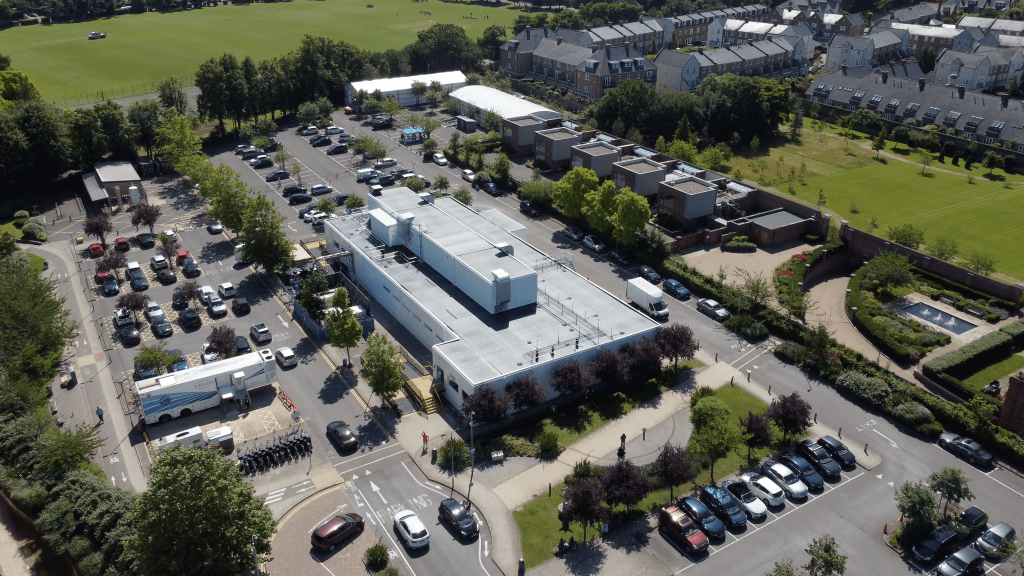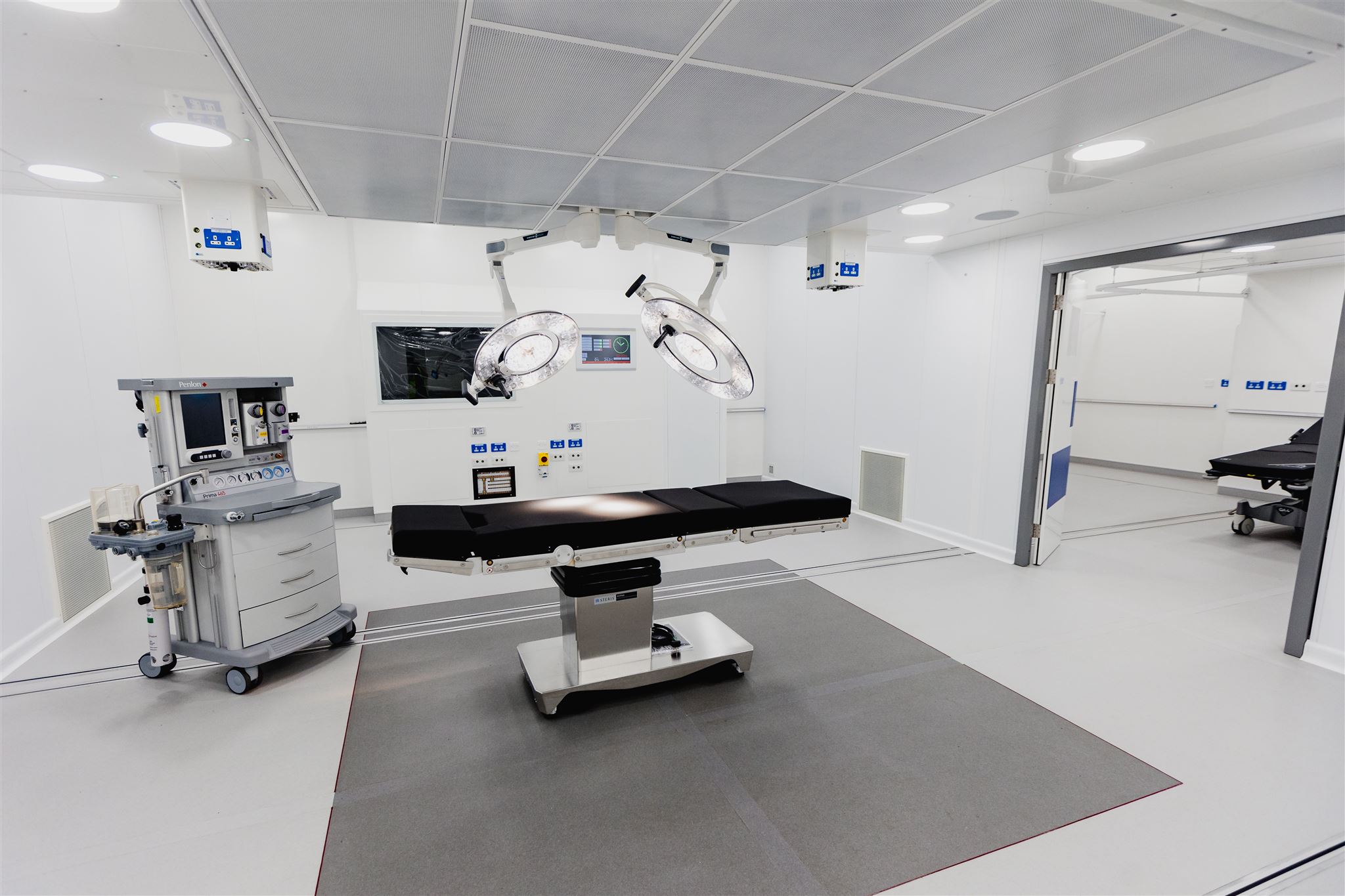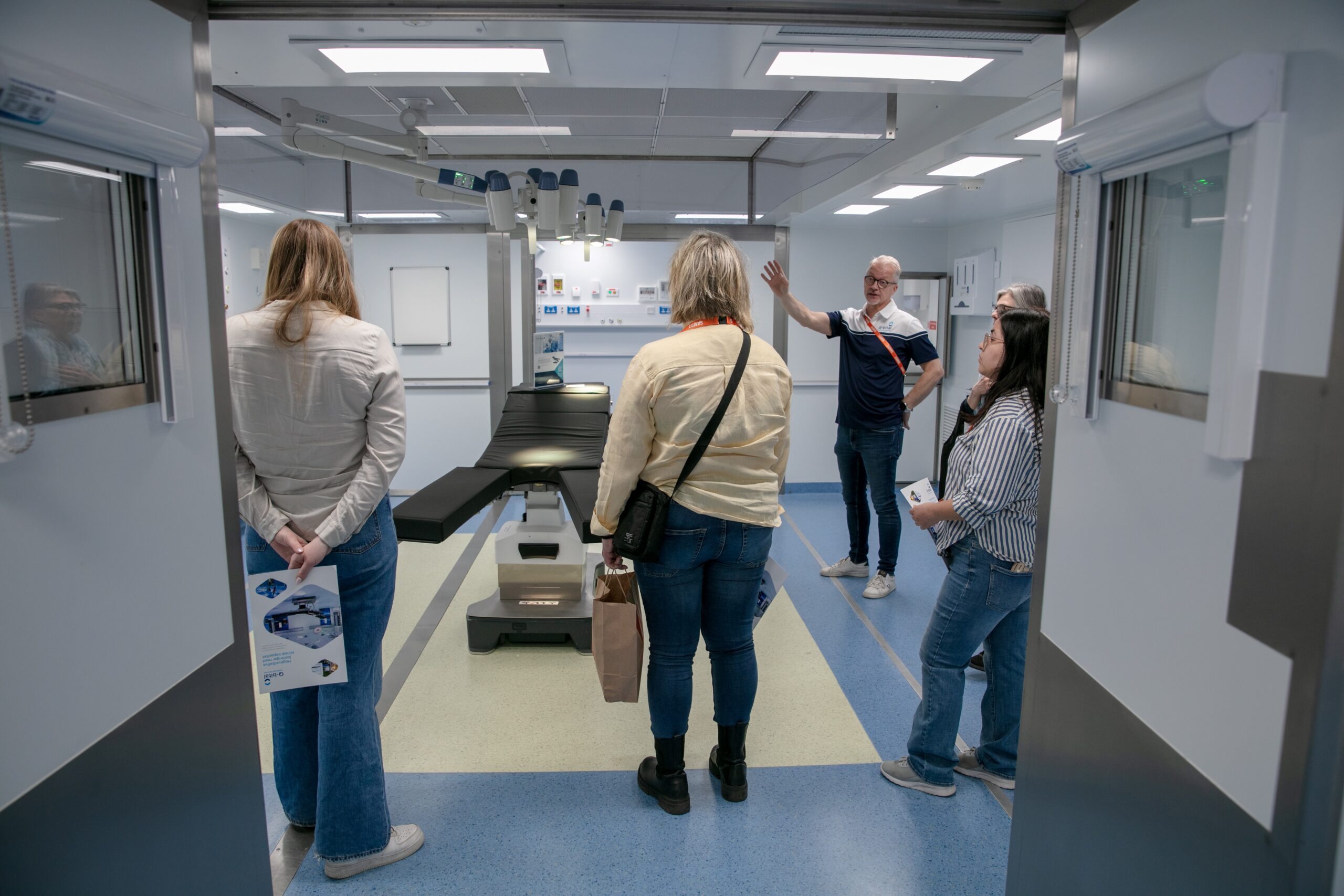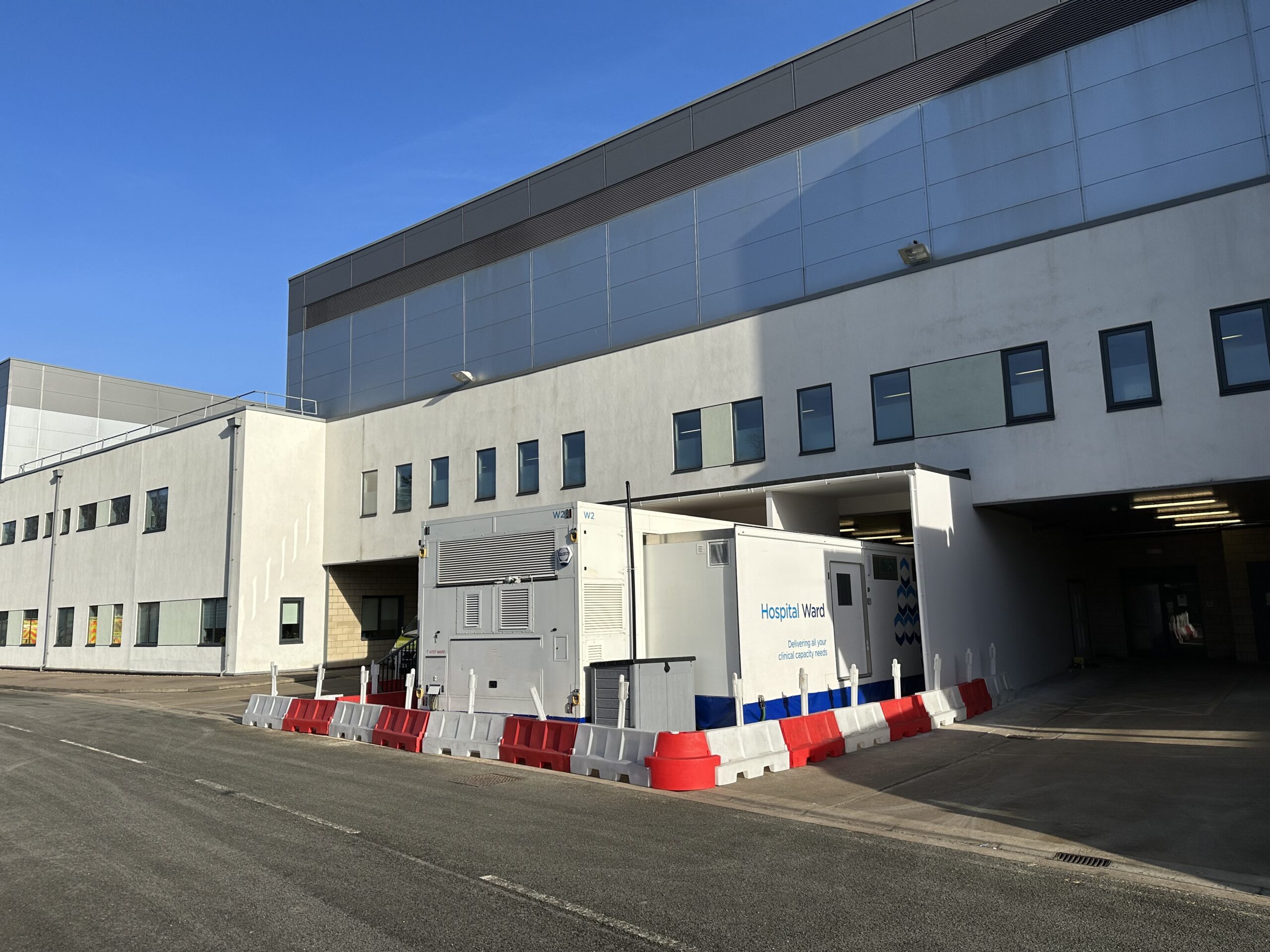Q-bital Healthcare Solutions is delighted to share the final supplement of the three-part series for the peer reviewed British Journal of Healthcare Management. The series explores the case for modular facilities, in particular within healthcare environments, and the complexities of delivering and maintaining these facilities.
The supplement is divided into three clear sections:
Long before the beginning of the Covid-19 pandemic the NHS was facing a period of increased backlogs in both patient care and building maintenance and the later pandemic subsequently added to this. It became apparent that rapidly deployed volumetric modular Healthcare Spaces were crucial in assisting the NHS to Build Back Better. The first part in the series makes the case for modular facilities as a more cost-effective and efficient solution to traditional brick and mortar builds. Looking at two detailed case studies in both Newcastle and South West London, the article explores the multifarious reasons behind Trust decisions to install modular solutions.

Much like traditional builds, the process of commissioning and planning a new modular complex requires collaboration from a wide variety of stakeholders. Part two details the practical considerations for the commissioning and delivery of modular facilities with reference to both projects in Newcastle and South West London. The piece looks at the challenges faced when initially commissioning projects, flexibility considerations and common misconceptions made about modular facilities.
The final part in the series looks at modular facilities with a wider lens, discussing health economic impact of current infrastructure and explores the full flexibility and sustainability of modern methods of construction in a resource-limited healthcare system. Touching on the adoption of circular economy principles, the long term approach to expanding the NHS estate, the final article highlights how the introduction of modular facilities into healthcare systems assists the NHS in improving efficiency an achieving longer term cost saving and sustainability goals.
To read the full three-part supplement, click below:



Q-bital Healthcare Solutions
Unitatea 1144 Regent Court, The Square, Gloucester Business Park, Gloucester, GL3 4AD
